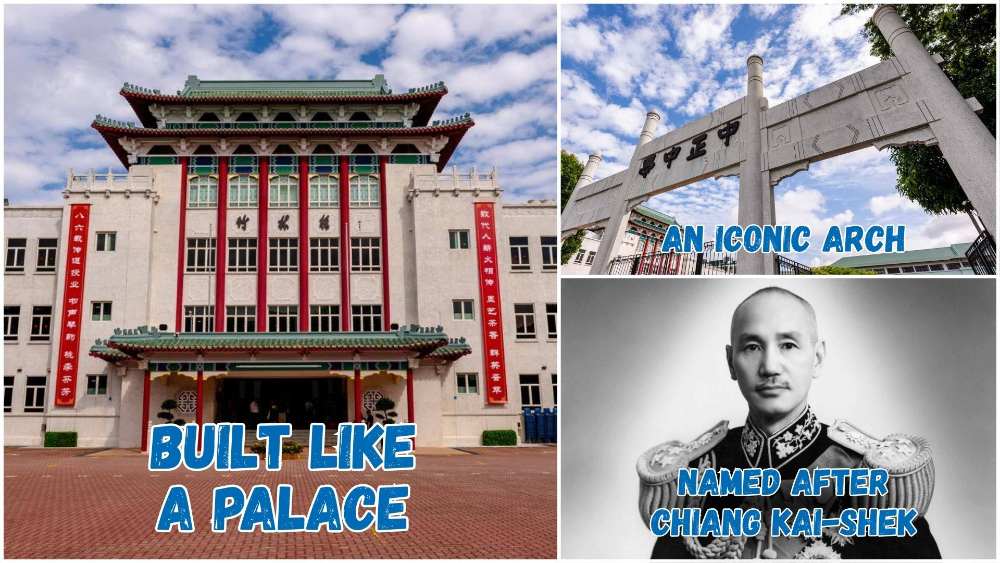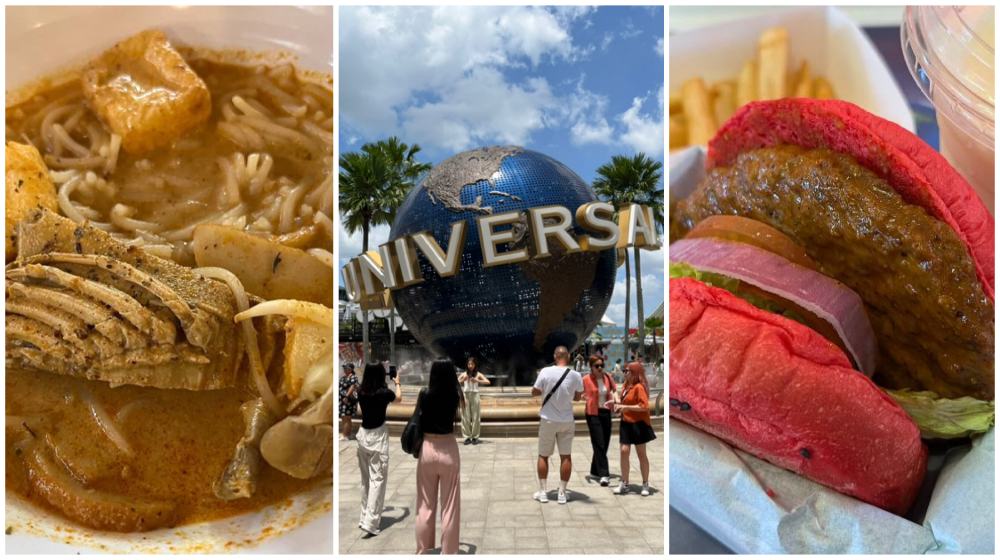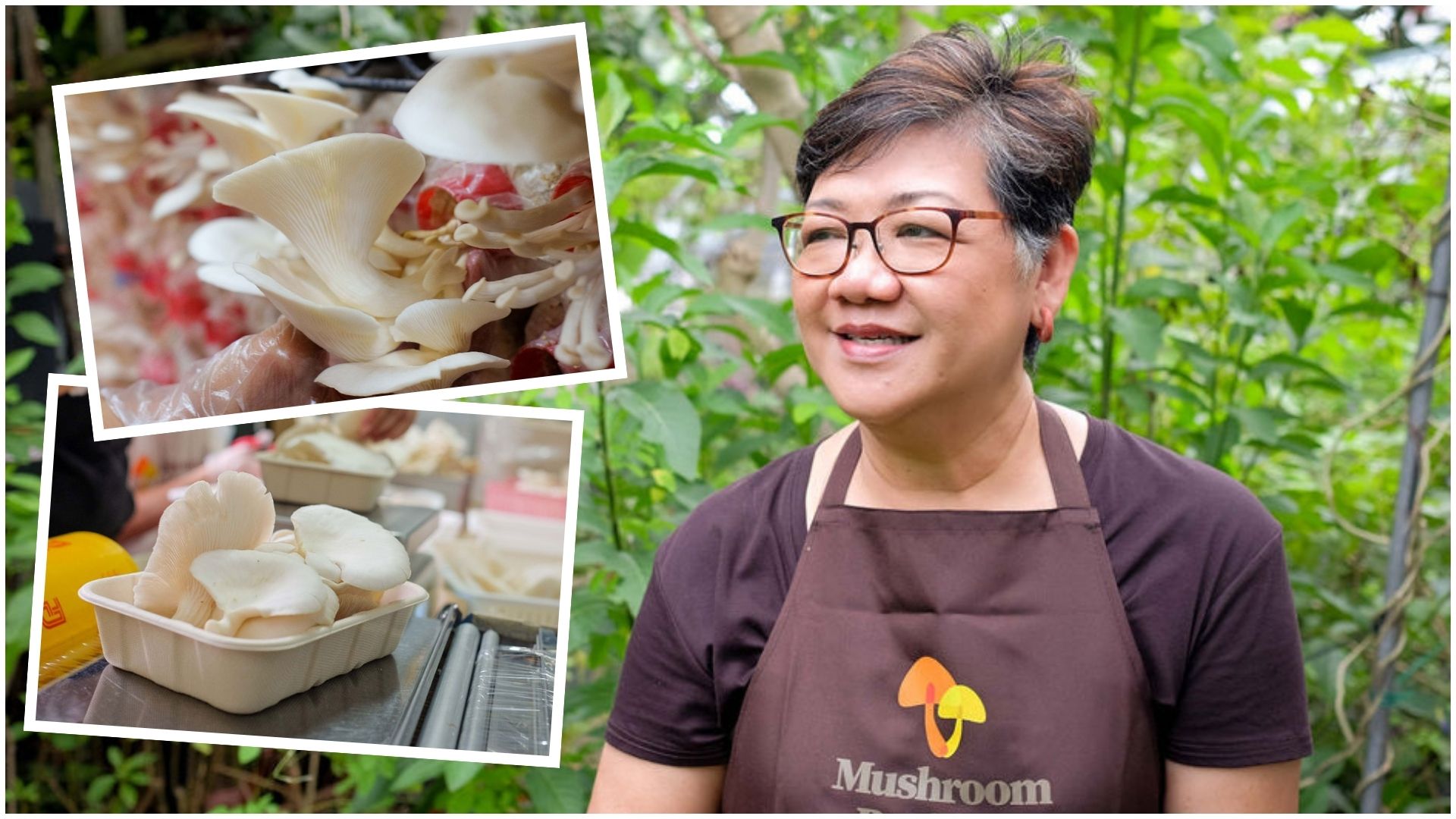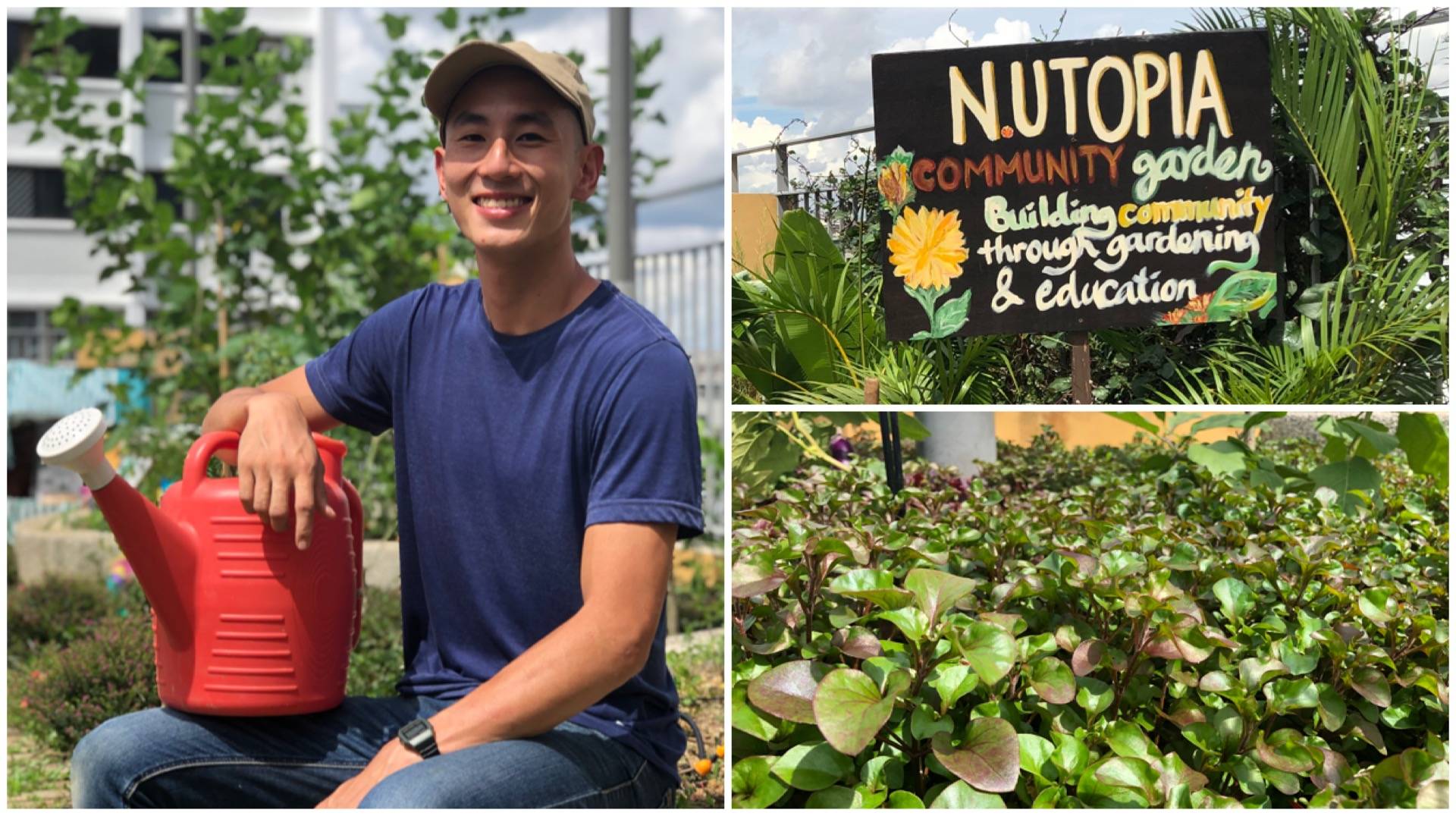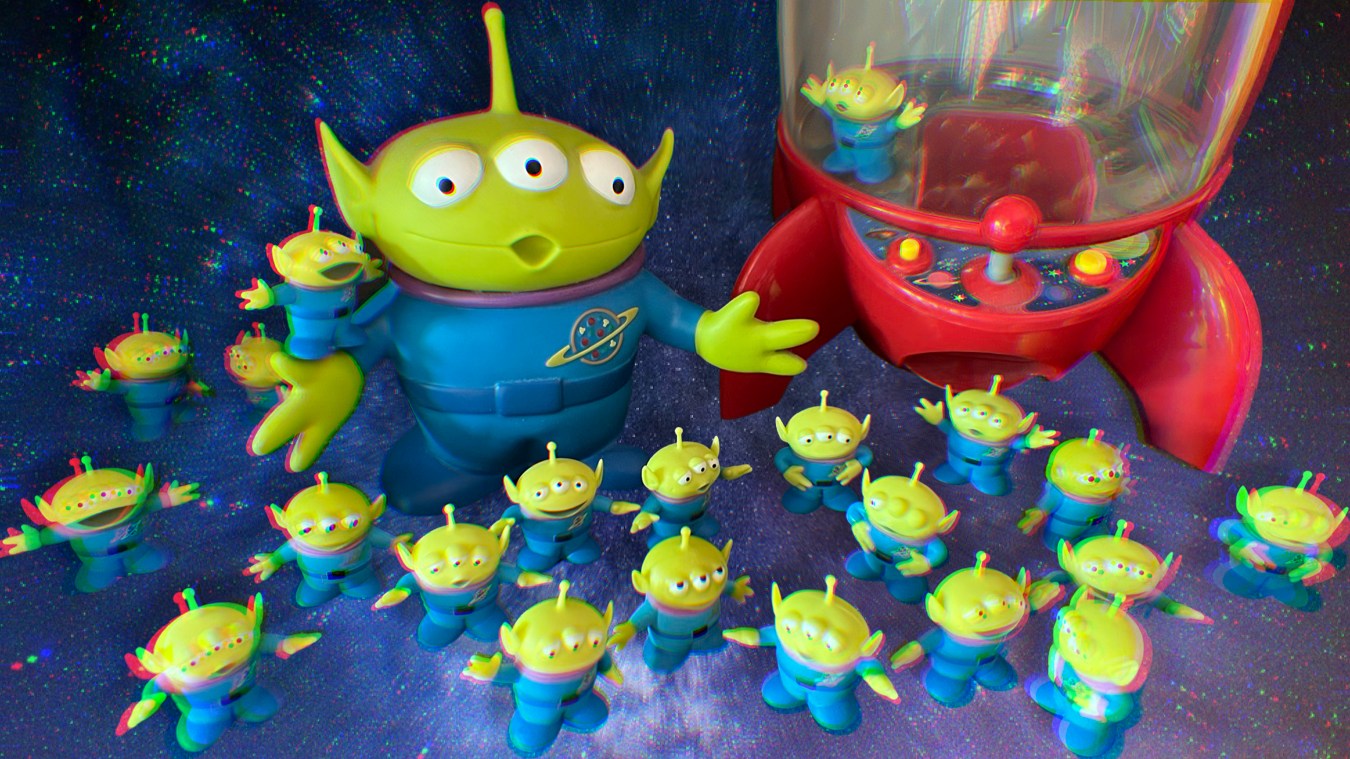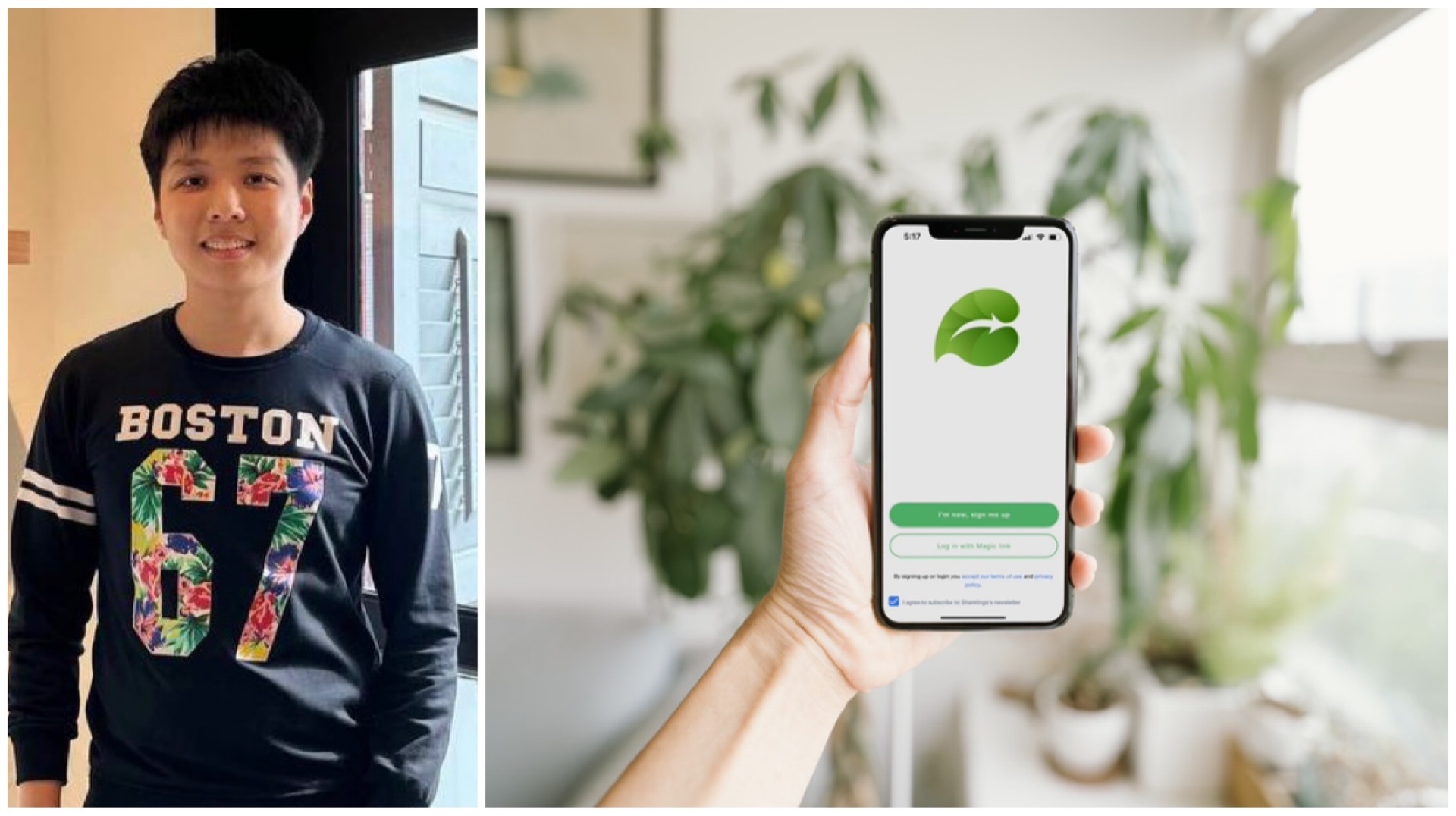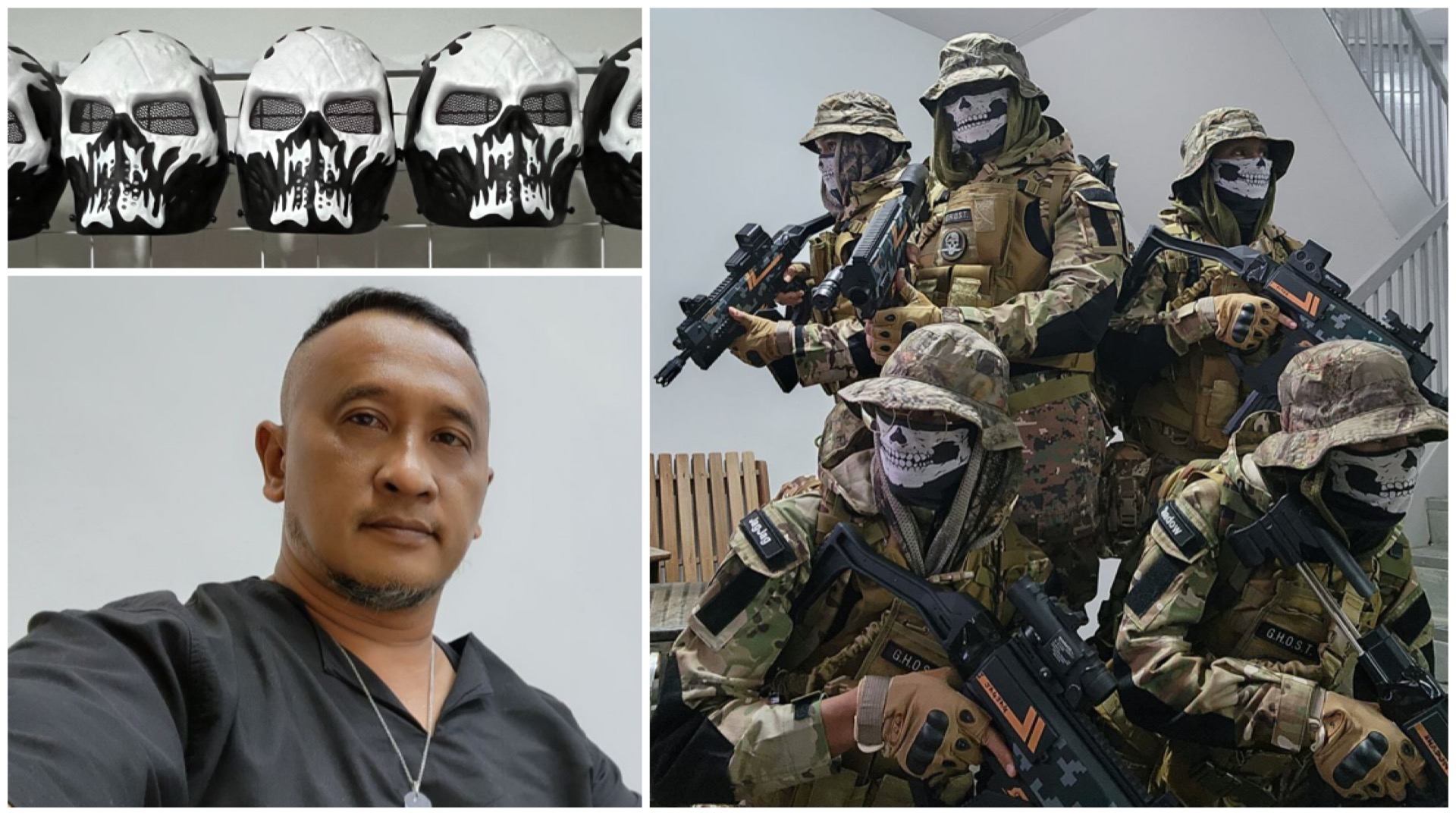This Urban Farmer And NSman Naval Diver Is Singapore's Captain Planet
To echo Kermit the Frog, it's not easy being green. And, in Christopher Leow's case, neither was growing up being a nature-loving child.
"As a kid, I knew I was weird. While my friends were into games, partying and doing whatever youth do, I was into foraging, hunting underwater, and growing vegetables," he writes in a recent Instagram post. "The natural world fascinated me. Putting bizarre and exotic things in my mouth excited me." (Yes, he began eating bugs even before it became a thing at world-renowned restaurant Noma.)
Christopher's all grown up now, and, more than ever, he's hard at work fulfilling that green dream of building and educating the community, and helping businesses and individuals be more sustainable by regenerating the food system - all for the survival of the human race!
He's been General Manager at Edible Garden City, and was also part of the pioneering team that created Citizen Farm (an urban farm in Queenstown) as Head of Greens. After a stint at gourmet grocer Bootle's (which shuttered its doors in September), Christopher is back at Edible Garden City as Head Farmer of a rooftop farm that will support a new farm-to-table concept.
We visit the 34-year-old at Nutopia - a portmanteau of "new" and "utopia", and also the name of a community garden he started on the rooftop of a multistorey carpark opposite Blk 143 in Serangoon North Ave 1 - to have a chat about what he's done with his aerospace engineering degree; how his NS stint in the Naval Diving Unit provided a valuable life lesson; and a book he’s written to share his weird and wonderful adventures thus far.
How did your urban farming and sustainable food journey begin?
It started when I was in the food industry, when I was cooking and I had started a cafe. And I realised how much food waste was created in fine-dining restaurants, just to make things look very pretty. So I decided to go on a journey to find out whether there are better ways to produce food out there. Through this journey, I landed on a self-sufficient farm in New South Wales and stayed with a family - that was the turning point.
I learnt values like resilience (the family on the farm fixed everything themselves; they didn’t have to call an electrician or plumber), and being able to use your own two hands. I felt we didn’t have this as a country, and I thought it would be nice to share such values.
You have a degree in aerospace engineering - what’s become of it and have you managed to use it in your urban farming career?
I felt a lot of pressure from family to pursue aerospace engineering - those were very crucial years; internally, I was struggling. Eventually I pursued my heart and was a bit stubborn - was poor and still am! But it’s meaningful.
The degree has definitely helped, though. There are a lot of concepts about creating solutions, and optimising processes that are very relevant. It's been useful in urban farming with the need to utilise grow lights, irrigation and structures.
Apart from being a passion project, what is the aim of building a community garden like Nutopia?
With this community garden, I’m creating an impact report - nobody asked me to do it. But the end goal is to have quantifiable metrics to say that any square metre of space that we convert into gardens like these have environmental and social impact - like an increase in biodiversity, and how much food waste I’ve diverted from incineration, how much carbon I’ve sequestered. Therefore, why not? Let’s make it happen!
The biggest triumph [of Nutopia] is getting everybody who wasn’t convinced about the idea of a community garden being an open concept (like aunties), to become our champions.
One auntie was initially a naysayer, asking “why are you going to remove all our plants?” and was very concerned that their space would be affected, but she now comes by whenever we’re gardening, gives us compliments and provides refreshment. And she provides a network - every time we harvest watercress, her auntie-network loves it! The auntie-network effect is amazing.
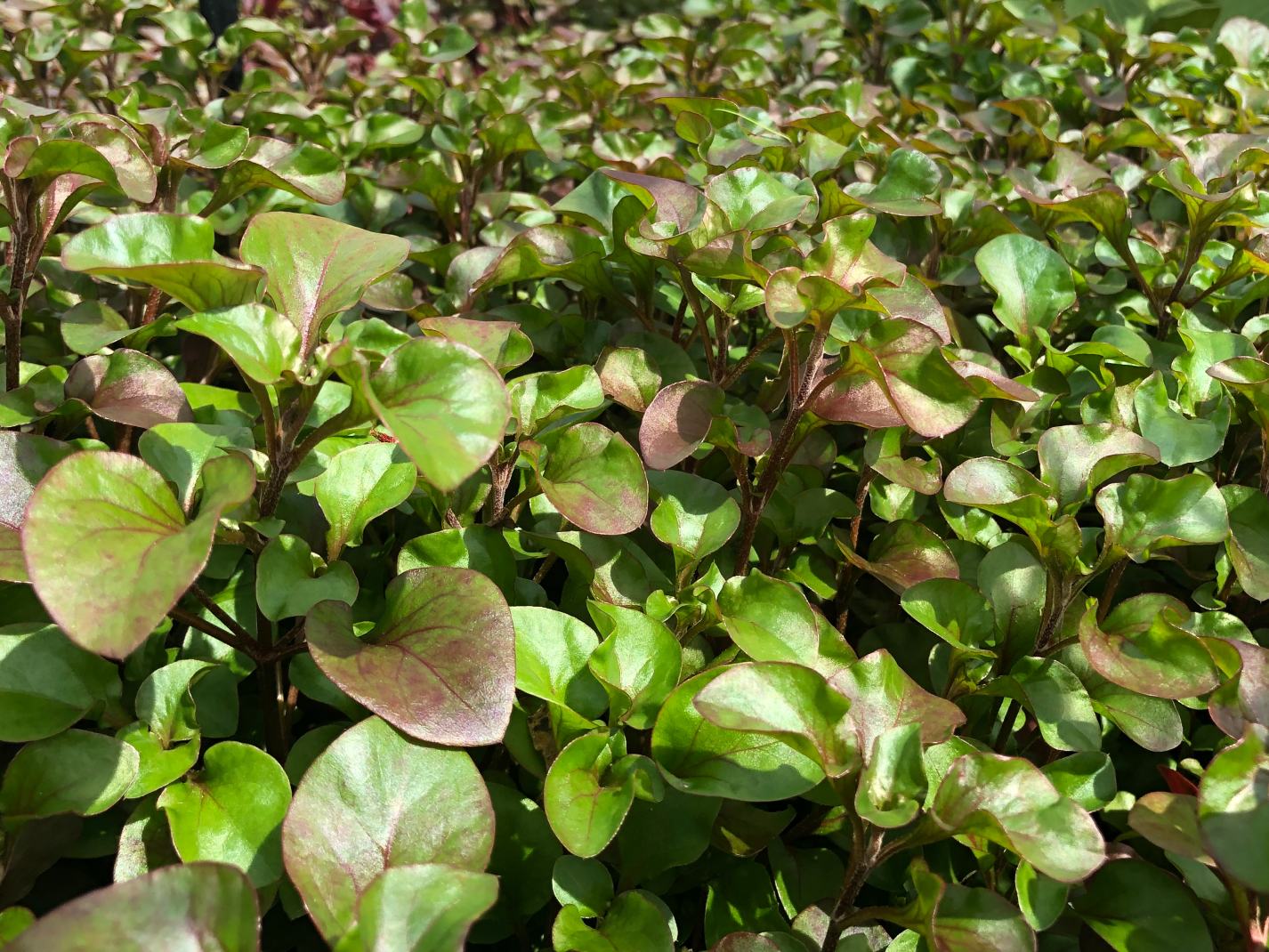
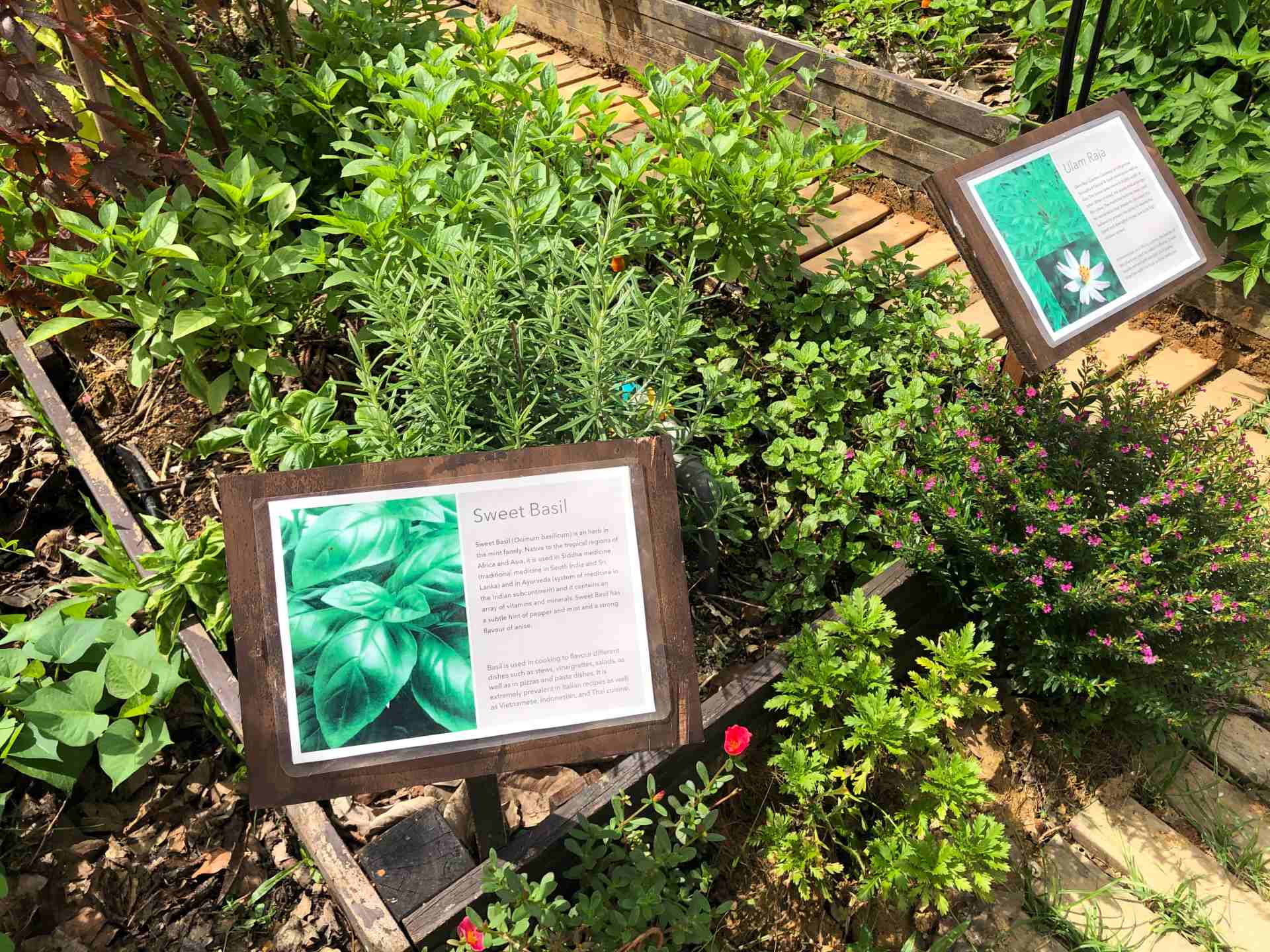
You've been at the food production and urban farming game for almost a decade now. What are some of your biggest takeaways?
Listen to nature. Nature has its own pace. Man can try to force it and speed it up, which is what a lot of indoor farming is about, but it comes at a very big cost, and sometimes it just doesn’t work. You have to work within what nature provides.
That leads on to my philosophy of how I think the food system should be, which is to work with what's available in season versus us trying to become a production factory. I want to inculcate a mindset shift from a consuming one to one that is a more resourceful approach.
If you run a company, you have different people with different strengths. The best manager allows everyone to shine in their own way and not try to micromanage them. Nature is similar - it’s a complex web of different elements, from the most micro biology (bacteria) to the trees and birds.
The idea is to observe how each of these guys function; they’re all productive in their own way. As a farmer, you should step back and facilitate the balance of this whole ecosystem - and that gets you a very good result in terms of producing food ecologically and being highly productive.
You were a platoon commander in the Naval Diving Unit. Did your NS experience inspire you or your career in any way?
I always wanted to be a commando or a sniper, but instead I became the commando’s arch rival - the naval diver! (Laughs)
The experience was very enriching but it was so physically and mentally tough lah! It broke me, but then it pushed me beyond what I thought was possible. And that’s very relevant in many of the things I do today. I can do a lot more than what my limitations are.
Always being connected to the environment was another fun thing, because we were always diving. It was a really serene moment being out at sea.
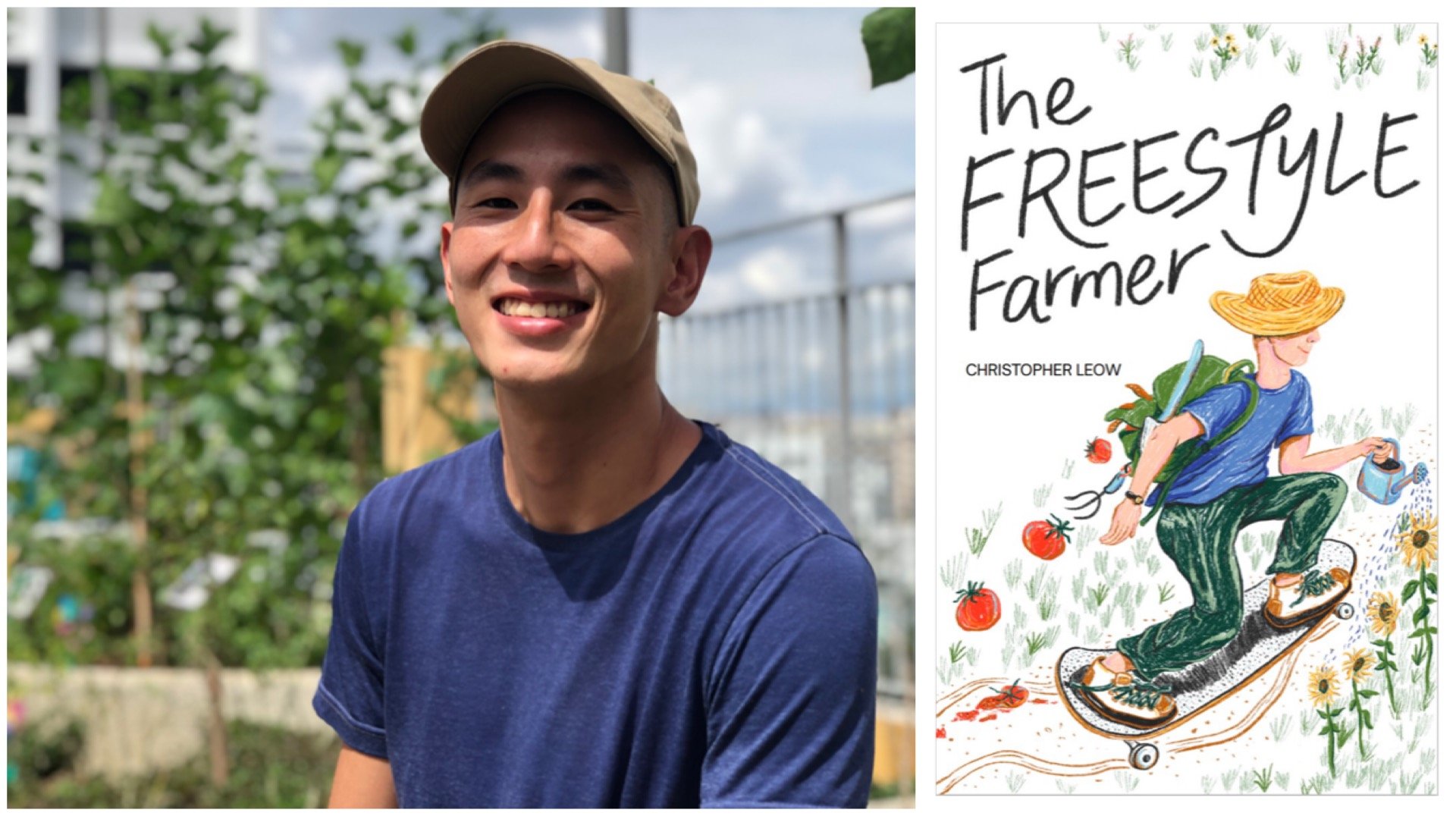
You’ve written “The Freestyle Farmer”, a book published by Pagesetters that’s coming out in early 2022. Aren’t you a bit young for a memoir?
(Laughs) One of the reasons I wrote the book was that I’ve had a lot of funny experiences and stories (about food and farming), and I felt it would be too much of a waste not to share them.
Like the flood that happened in an indoor farm at Citizen Farm. One night, I came back after a long day at a farmer’s market, and the lights were off (they’re supposed to remain switched on). And then I saw water coming out from under the door.
When I went in, I saw that the whole place had short-circuited and was flooded with shin-high water. I basically took a stick and pah! pah! pah! rammed a hole through the plasterboard wall and let the water drain out. I thought I was going to get electrocuted - thankfully I didn’t die. The next day, the people who went to the office (which was also flooded) were like, “oh my god wtf!” - I was in deep shit.
The second reason for writing the book is that I really want to inspire a new generation of people and introduce them to this world of Singapore food production in a lighthearted manner. Basically, I want to plant the seed lah!
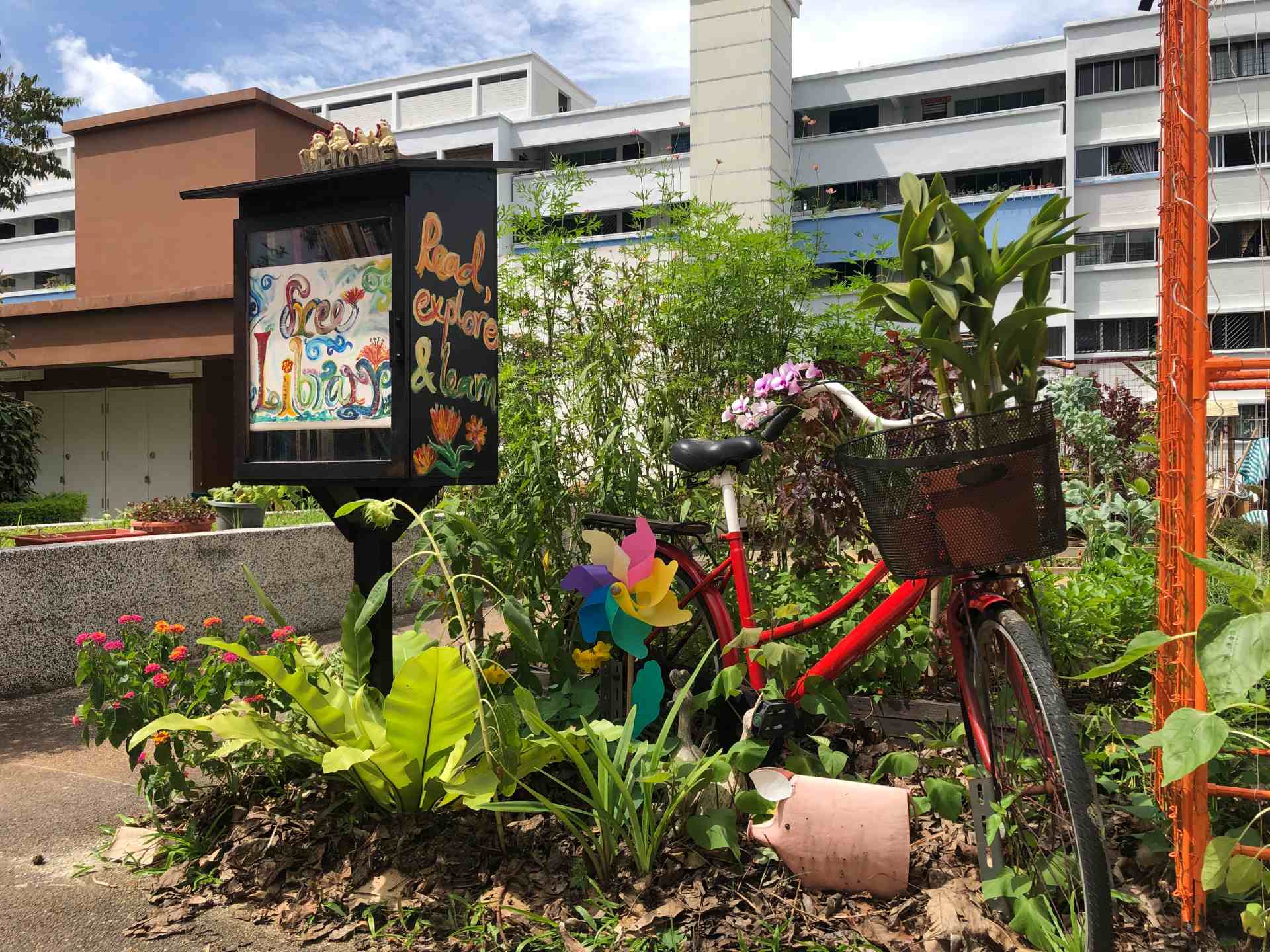
For the latest updates on Wonderwall.sg, be sure to follow us on Facebook, Instagram and Telegram. If you have a story idea for us, email us at [email protected].

